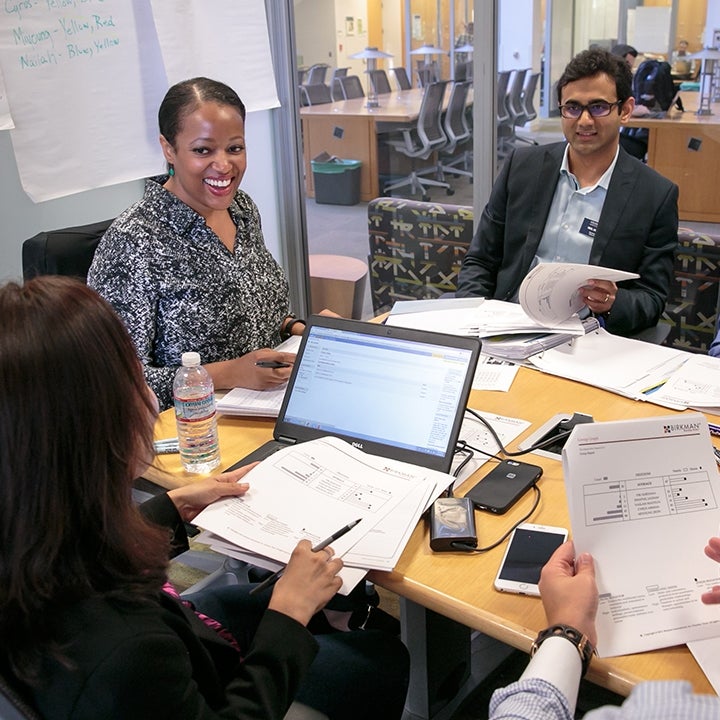
Engaged, we embrace conversation, rather than flee, dominate, or shut it down.


Engaged, we embrace conversation, rather than flee, dominate, or shut it down.
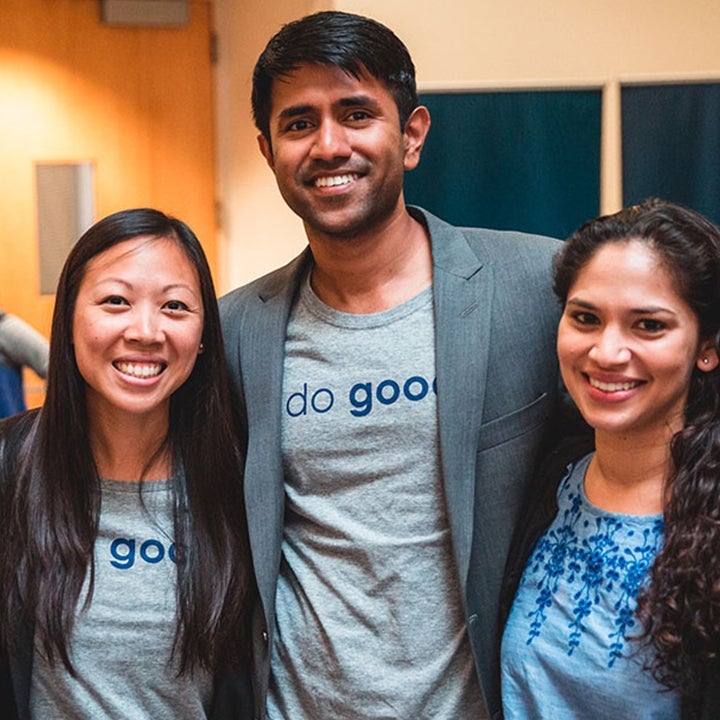
Courageous, we address — rather than avoid — difficult topics.
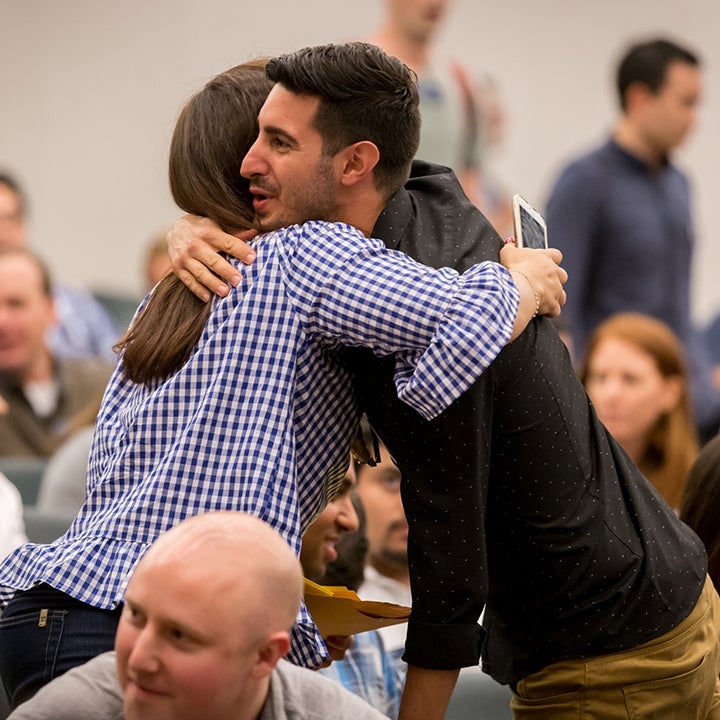
Humble, we check on whether we are understanding and communicating well.
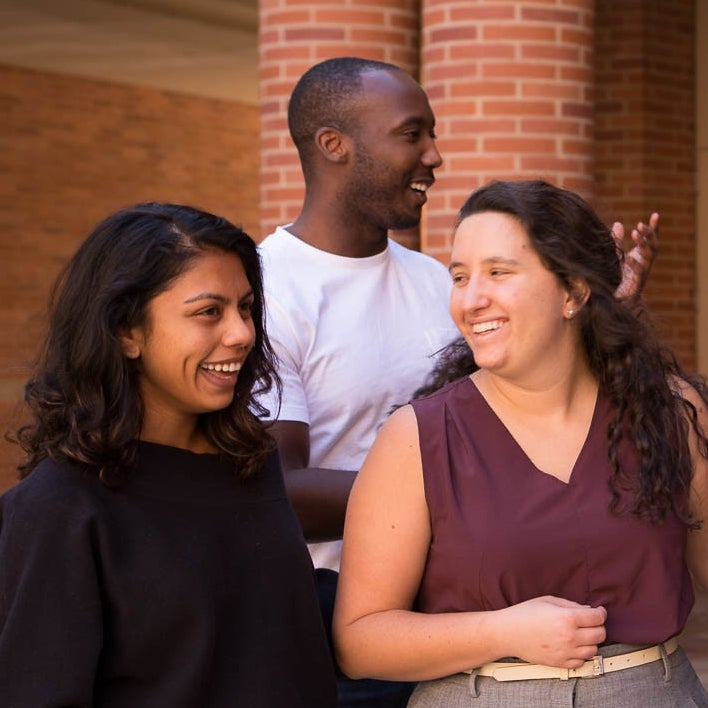
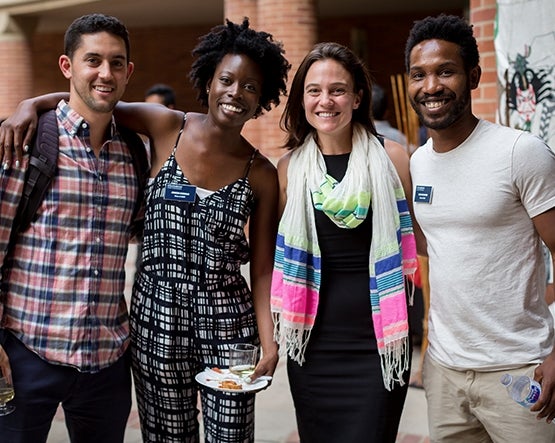
We know that communication is the foundation of community. And like a good workout, difficult conversations are opportunities to build strength. We embrace them as tools to gain understanding of one another and of the organizational demands we face.
At UCLA Anderson, we know that our differences help us to discover other viewpoints and drive change around the globe. Supporting our identity clubs and committed allies throughout the Anderson community, our activities foster appreciation for Anderson’s various communities and the values, histories and traditions of each one. These activities are vital in creating understanding and a sense of connection — valuable resources with which to collectively conquer the everyday stresses of a top business school.
